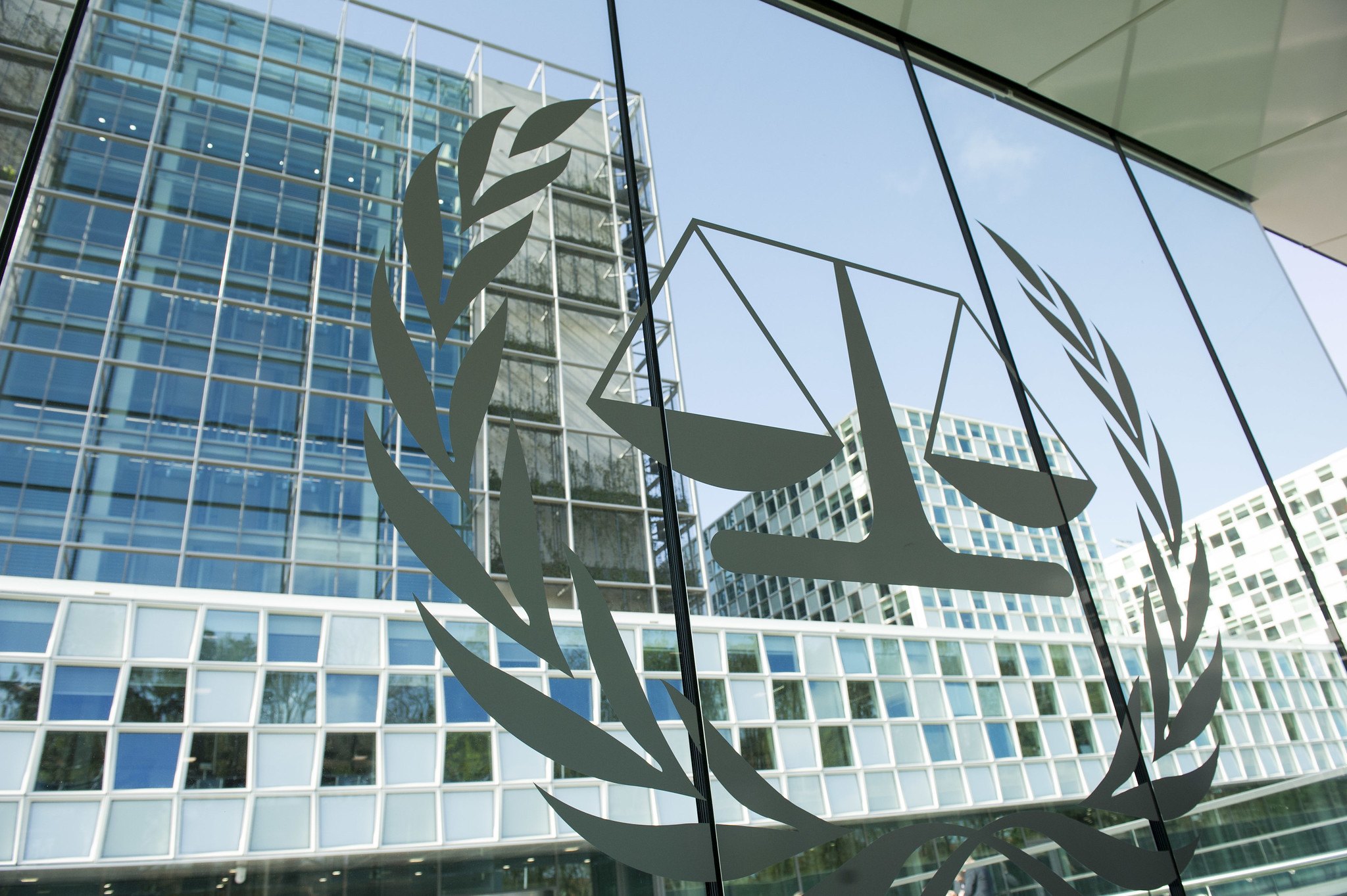More Kiobel Fall-out: Foreign Defendants Dismissed from ATS Apartheid Case But Ford and IBM Remain (for now)
The second day of Christmas has brought glad tidings for two defendants in the longest-running of all major ATS cases: earlier today, Judge Scheindlin dismissed the last two foreign corporate defendants -- Daimler AG and Rheinmetall -- from the Apartheid litigation, which has been pending in various forms against more than seventy corporations in the Southern District of New York since 2002. In light of the Supreme Court’s decision in Kiobel and the Second Circuit’s
Published by The Lawfare Institute
in Cooperation With

The second day of Christmas has brought glad tidings for two defendants in the longest-running of all major ATS cases: earlier today, Judge Scheindlin dismissed the last two foreign corporate defendants -- Daimler AG and Rheinmetall -- from the Apartheid litigation, which has been pending in various forms against more than seventy corporations in the Southern District of New York since 2002. In light of the Supreme Court’s decision in Kiobel and the Second Circuit’s subsequent decision in the Apartheid litigation, Judge Scheindlin concludes that “plaintiffs have failed to show that the actions of …the foreign defendants…touch and concern the United States with sufficient force to rebut the presumption against the extraterritorial reach of the ATS…” This would seem clearly to be the correct result for the foreign defendants after Kiobel.
Judge Scheindlin’s order brings less comfort and joy for the two remaining U.S. corporate defendants -- IBM and Ford. With respect to these corporations, Judge Scheindlin allows the plaintiffs to brief whether corporations may be held liable under the ATS. She does so notwithstanding the Second Circuit’s original 2010 decision in Kiobel (concluding that there is no corporate liability under the ATS, a conclusion that the Second Circuit affirmed in its post-Kiobel decision in the Apartheid case) but in light of a post-Kiobel decision by a different Second Circuit panel in Licci ex rel. Licci v. Lebanese Canadian Bank, where the panel remanded the issue of corporate liability for further briefing. But she did not go so far as the Ninth Circuit, which last week reached the remarkable conclusion that the Supreme Court had actually decided in dicta in Kiobel that there IS corporate liability under the ATS.
Judge Scheindlin states that if she determines that corporate liability exists under the ATS, she will allow plaintiffs to amend their complaint against IBM and Ford. She still sets the bar high for the case to go forward: plaintiffs would still have to make “a preliminary showing that they can plausibly plead that those defendants engaged in actions that touch and concern the United States with sufficient force to overcome the presumption against the extraterritorial reach of the ATS, and that those defendants acted not only with knowledge but with purpose [the mens rea standard adopted by the Second Circuit in Talisman but rejected last week by the Ninth Circuit in Nestle] to aid and abet the South African regime’s tortious conduct as alleged in these complaints.” Still, her decision to leave the door open a crack undoubtedly comes as a surprise to IBM and Ford in light of the Second Circuit's emphatic statements in its post-Kiobel decision that "all of the relevant conduct that purportedly violated the law of nations in this case occurred" in South Africa and that "if all the relevant conduct occurred abroad, that is simply the end of the matter under Kiobel."
Note: My law firm represented Daimler in this case, although I have had no involvement, having appeared on the U.S. Government's 2007 brief in the case arguing that the ATS does not apply extraterritorially.
John B. Bellinger III is a partner in the international and national security law practices at Arnold & Porter in Washington, DC. He is also Adjunct Senior Fellow in International and National Security Law at the Council on Foreign Relations. He served as The Legal Adviser for the Department of State from 2005–2009, as Senior Associate Counsel to the President and Legal Adviser to the National Security Council at the White House from 2001–2005, and as Counsel for National Security Matters in the Criminal Division of the Department of Justice from 1997–2001.


.jpg?sfvrsn=4c0f5277_5)

